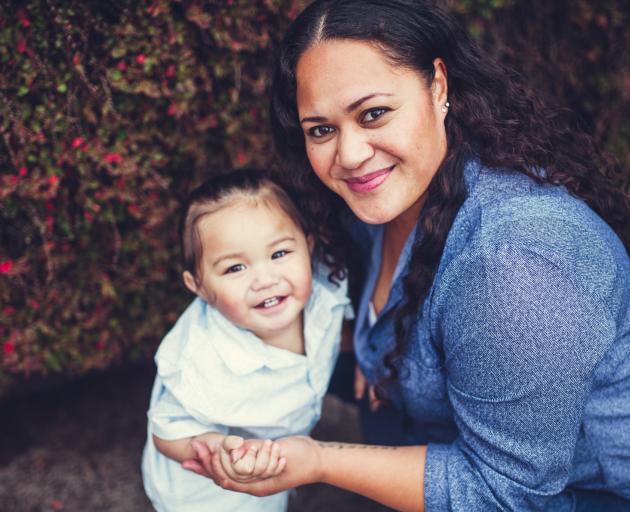
Business editor Dene Mackenzie reviews the report and its suggestions to help young mothers back into the workforce.
Almost unanimously, the 40 mothers interviewed by the Ministry of Women said the benefit system was complex and changes to their benefit entitlements were hard to understand.
Many said they did not know or understand what they were entitled to. They wanted clear and transparent decisions over entitlements and abatement rates that supported them and their children, the Something's got to change report prepared by the ministry said.
The ministry interviewed 40 mothers in Whangarei, South Auckland and Gisborne to hear in their own words their experiences of being on a benefit and of the social services they accessed both during pregnancy and with young children.
The mothers interviewed ranged in age from 18 to 56. Their children were aged from birth to 26 years. There was a mix of solo, partnered and married mothers from a mix of ethnicities.
Solo mothers were the largest group interviewed.
The mothers had previously worked in the education sector, supermarkets, cleaning, process work, hospitality industry and customer services, and were at present in training and education.
''The mothers told us they want to work and for it to be good work. Having a child, they said, made them want to change their lives.''
Being a mother was a strong incentive to get involved in work, education or training to provide for their family and to be a role model for their children, the report said.
Having a family changed their aspirations and made them open to opportunity.
The most sustainable way to improve the lives of those mothers was to support them fully while they were on a benefit they were entitled to receive, the report said.
Once they were ready, they needed support into training and work with long-term prospects for good pay and employment.
However, they faced significant barriers, the ministry said.
The systems providing support were complex and could be more straightforward.
Benefits and entitlements were confusing and hard to navigate. Mental health issues added to stress, as did substandard housing and a lack of childcare support.
''If the system is not made simpler, mothers told us they would like a champion or trusted person to help them to navigate it.''
The ministry said given the motivation of the mothers to do more for their families, they needed to be empowered and trusted to make the right decisions on behalf of their children and whanau - whether it was about caring for their children, working or how they spent their money.
One of the best things the Government could do was make the system easier for them to understand and navigate, and invest money directly to whanau instead of indirectly through services.
For most mums, they would do the rest, the ministry said.
Otago-Southland Employers Association chief executive Virginia Nicholls said it was not surprising young solo parents would be keenly attuned to difficulties in the benefit system and barriers to re-entering the workforce.
It was essential the system worked well to assist new parents to gain skills and employment.
The association recommended the issue of abatement levels be reviewed for all people receiving social assistance, including new solo parents, she said.
''Clearer and more understandable rules around benefits and assistance will be positive. Hopefully this will be an outcome from a wider review currently being undertaken by the Ministry for Social Development.''
It would also be positive if the MSD review considered abatement levels, including the levels at which abatement rates for welfare might be acting as a disincentive to shifting into training or work.
It was an issue featuring strongly in the Ministry for Women's report, Mrs Nicholls said.













